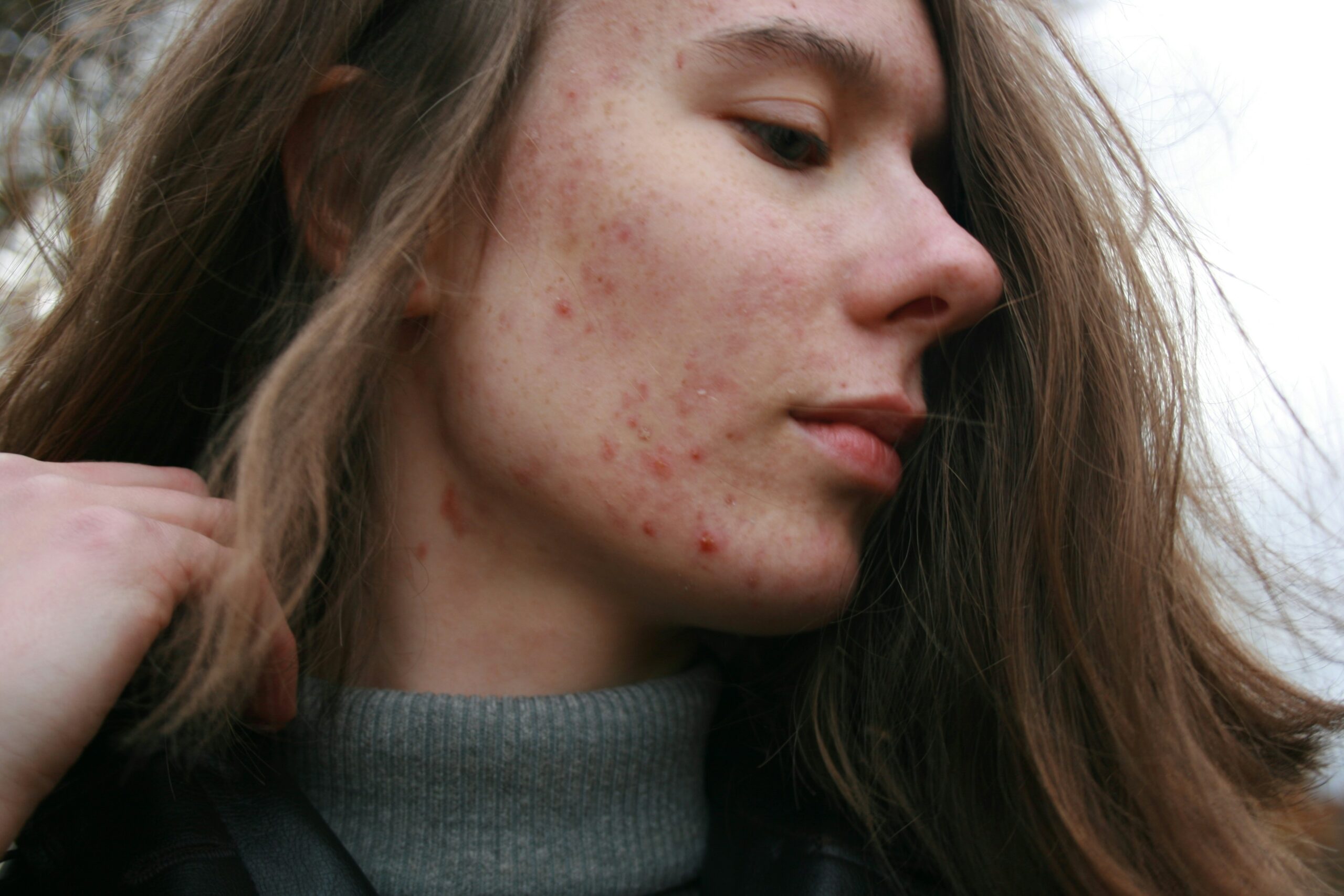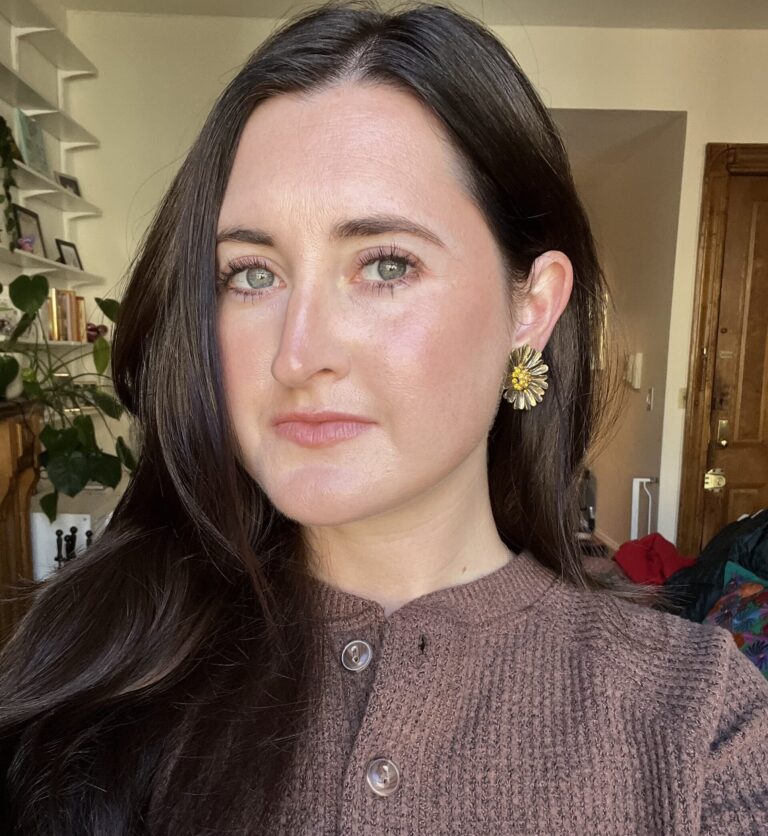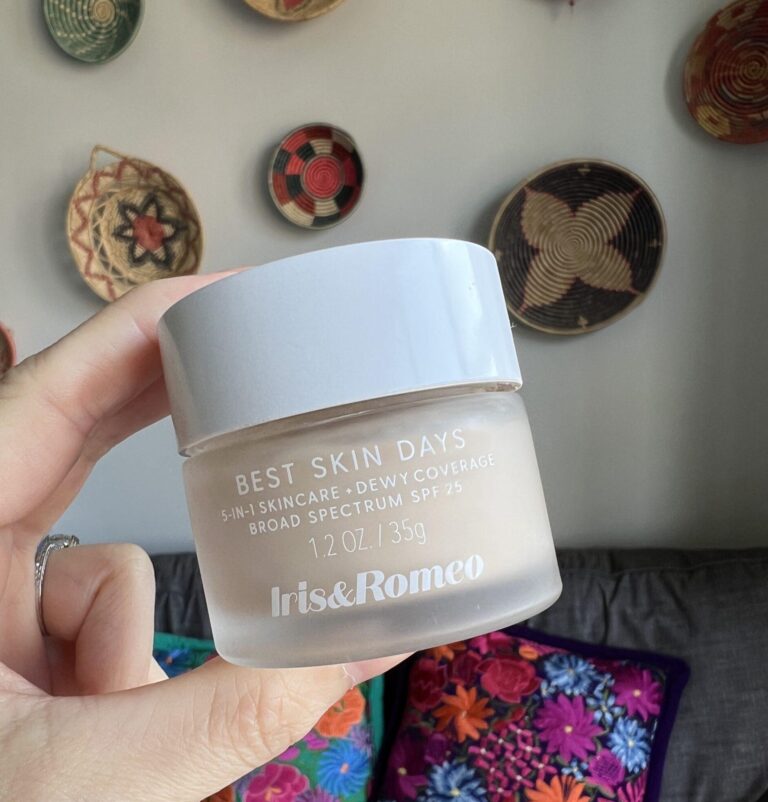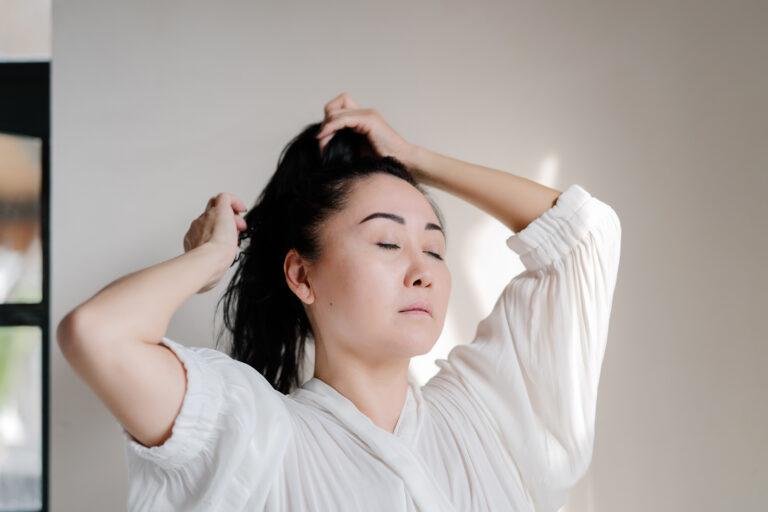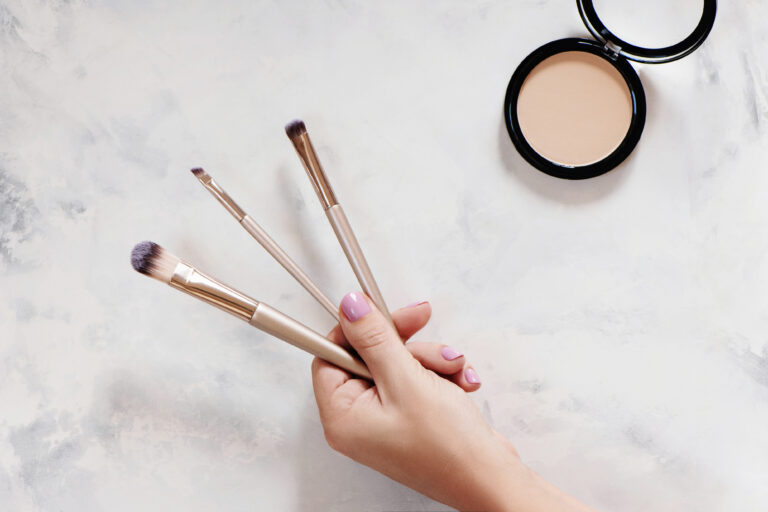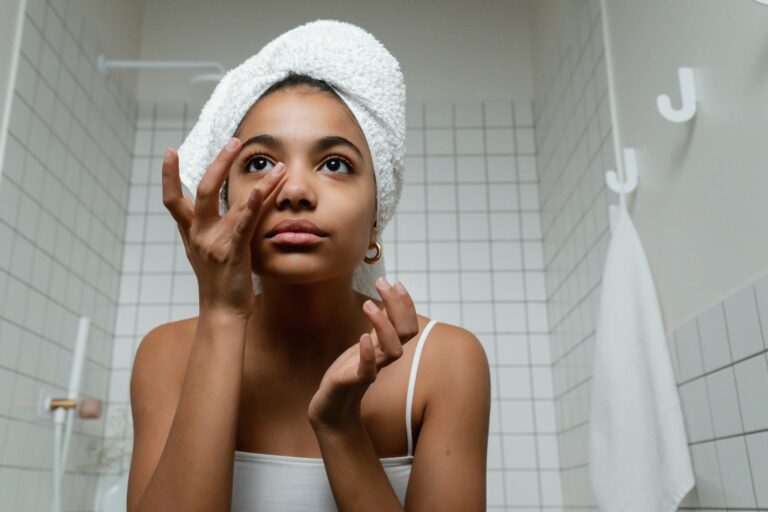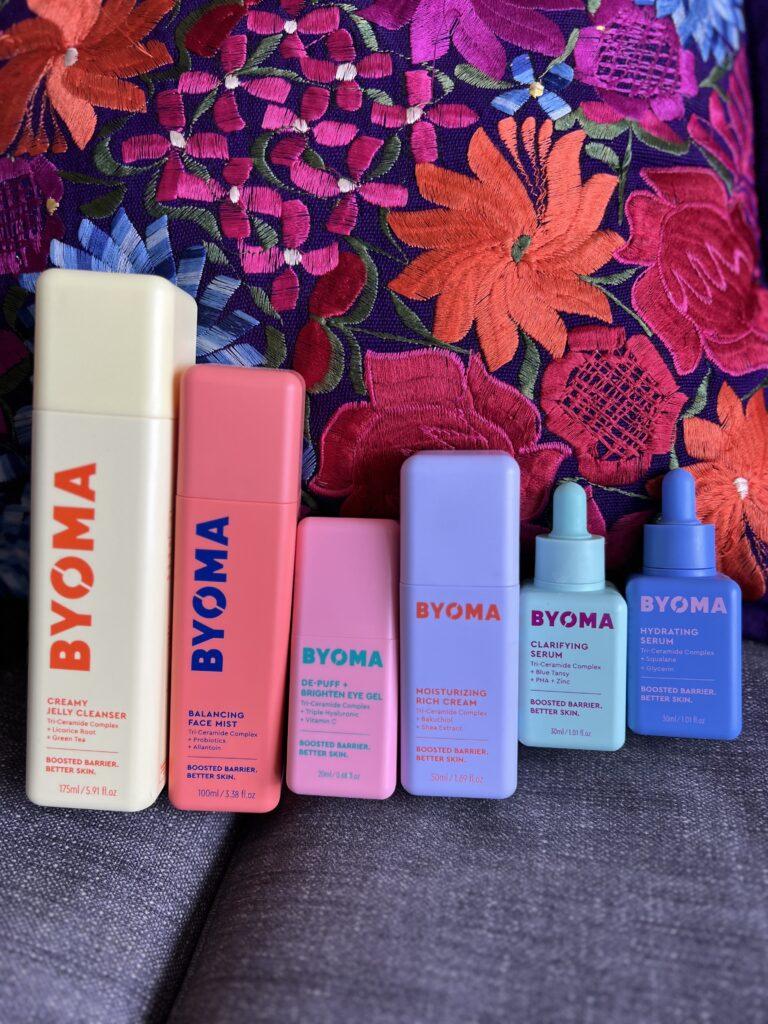So, Can Acne Be Caused By Lack of Sleep?
Acne is a common (and normal!) skin condition that causes inflammation of your pores due to an excess of sebum—which is a fancy term for the oil your skin naturally produces. Of course, a proper skincare routine is key to keeping your dermis healthy. That said, there are other habits that can have a significant effect on the quality of your skin and acne breakouts. Namely? Sleep. For that reason, you might ask yourself, “Can acne be caused by lack of sleep?”
Well, let’s just say there’s a reason we call it beauty sleep.
Let’s talk a little about what your skin does as you’re getting some shut-eye. Essentially, your skin repairs itself while you sleep. In fact, beauty website Byrdie reported that the hormone HGH, aka the human growth hormone, is highest when we’re sleeping. This hormone is responsible for the skin’s repair and cell regeneration.
So, as you might’ve put together, not sleeping enough would be problematic for the skin. But can a lack of sleep cause acne? Below, we answer that question.
Can Acne Be Caused By Lack of Sleep?
Yes, acne can be caused by a lack of sleep. And science backs this up.
A study that aimed “to determine if there is a relationship between acne severity and sleep quality in adults,” found that there is. A different study reported that poor sleep is also related to skin aging and a poor skin barrier. Often, if the latter is damaged, your skin isn’t able to protect itself from environmental stressors that lead to acne. A third study from France established that patients who are stressed—by a lack of sleep or otherwise—are more fatigued waking up and are more likely to have acne.
And, honestly, getting quality sleep is one of the lifestyle changes recommended to promote overall health. In addition to causing acne, a lack of sleep can result in a lot of other health concerns—including heart and kidney disease, high blood pressure, diabetes, stroke, obesity, and depression. In order to avoid the physical, emotional, and mental risks of sleep deprivation, the National Institutes of Health recommends aiming for at least eight hours of sleep a night.
How Does Sleep Affect Acne?
As we mentioned above, your sleeping patterns are intrinsically intertwined with your health — and, more specifically, your skin. That’s not just because good sleep helps you repair your skin; it’s also because it helps regulate the stress hormone cortisol. An overload in cortisol means increased stress levels, which almost assuredly leads to breakouts because it damages the skin’s protective barrier.
Tips for Acne and Sleep
Stay hydrated
Healthy skin really does start from the inside out. It’s great to apply hydrating toners, serums, and other topicals, but they honestly won’t be much help if you’re dehydrated. According to Harvard Health, adults need to drink between four and six glasses of water per day. Being hydrated also helps regulate the production of sebum that clogs pores and leads to acne.
Go for a walk in the morning
Your circadian rhythm is basically your body’s 24-hour clock and is directly related to your sleep cycles. An easy way to regulate it so that you get better sleep for longer periods? Going for a morning stroll. Plus, since you’re getting your daily dose of vitamin D, this will also help boost your immune system. Just make sure to wear your sunscreen!
Listen to bedtime stories
We know that a lot of people fall asleep to white noise, and that’s great. However, we’re big proponents of a good ol’ bedtime story for adults to fall asleep to. If you know that the white noise is a little distracting for you, too, then you’d love to fall asleep to someone telling you a soothing tale. We recommend the Sleepcasts App for all your bedtime story needs.
Practice a nighttime routine
Research shows that having a good bedtime routine helps you sleep better. It winds your body down and signals to it, by way of traditional Pavlovian conditioning, that it’s time to go to sleep. A big part of our personal nighttime routines is applying our skincare products. We particularly can’t get enough of the best skincare for acne-prone skin. They’re really game-changing products for us. We also love winding down with eye masks that help address our eye bags and dark circles.


